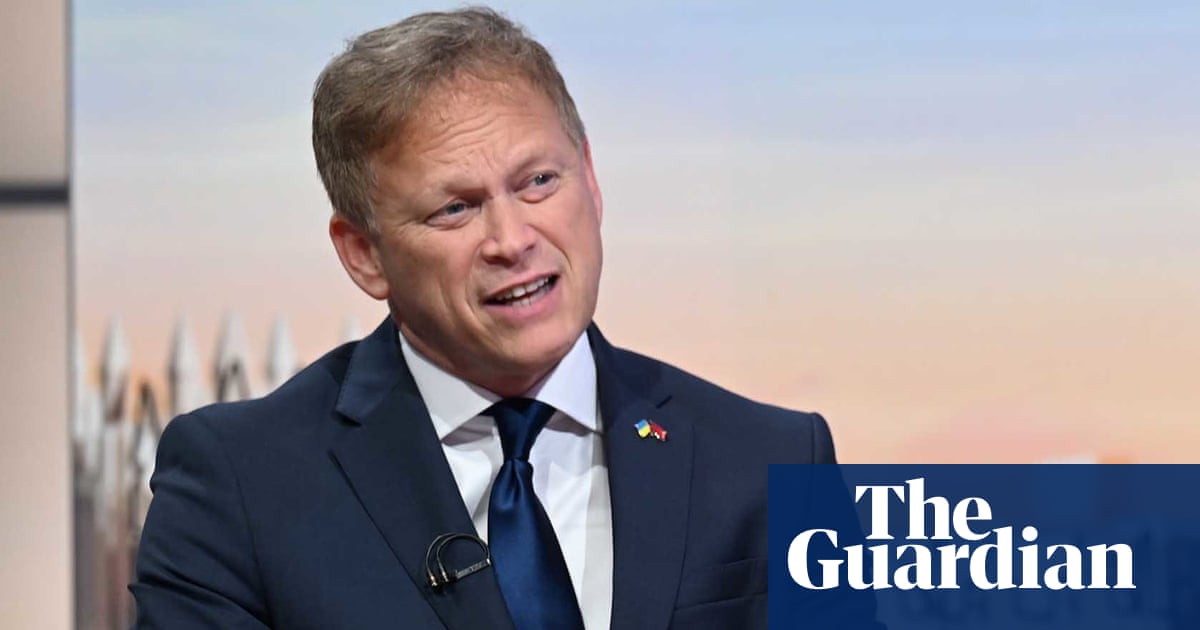
In a series of curt letters sent to the leaders of Germany, Belgium, Norway and Canada last month, US President Donald Trump singled out NATO allies for spending too little on defense and failing to meet the alliance’s shared security obligations. The letters, on the back of a tense G-7 meeting and ahead of a critical NATO summit, are the latest display of Trump’s hostility toward the alliance.
With an important bilateral meeting with Vladimir Putin on the horizon, many are concerned that the US will once again make unilateral concessions to an autocrat at the expense of its allies. As the president displayed his diplomatic naivete for the sake of a photo opportunity during his recent meeting with Kim Jong Un, allies have every right to be concerned about his commitment to Western security.
The president last week falsely claimed that the EU was created to take advantage of the US. He also reportedly advised French President Emmanuel Macron to embark on his own exit from the EU, indicating a disdain for the bloc, which has existed to primarily make continental conflict impossible.
In truth, certain European NATO allies have offered only lukewarm support for the mutual defense clause at the heart of the alliance structure, being overly reliant on the US for their security. However, Trump would do well to bolster the EU at the center of NATO as opposed to seeking to pull it apart. In the last half-century, the EU has prohibited any one European power gaining hegemony. This has worked in the favor of the US, which has not needed to correct the balance of power on the continent or defend itself from European threats. In the long-term, if the US seeks to scale down its obligations in Europe, it would do well to make sure the EU has American support.
Maintaining stability on the continent is why the US stationed 200,000 troops in Europe to deter the Soviet Union during the Cold War. Trump is correct to highlight that NATO allies are not meeting their commitments made at the Wales summit in 2014 to spend 2 percent of GDP on national defense. In a pointed letter to Chancellor Angela Merkel earlier in the year, he noted Germany’s economy was “doing very well” and that it should, therefore, step up its defense capability. The administration has already been considering a large-scale withdrawal of American forces from Germany after the president reportedly expressed surprise at the presence of 35,000 active-duty troops in the country. This policy shows a complete disregard for and indeed lack of familiarity with the security challenges the continent faces. As the US plans withdrawal, key allies like the UK are simultaneously choosing to retain their military presence on the continent.
If the US president leaves NATO in a state of disarray, the Russians will have very little incentive to do the US any favors, their long-term objectives seemingly already achieved.
Zaid M. Belbagi
Having expanded greatly, NATO is a great deal more important than it was in 1949. The participation of countries from the former Eastern bloc, as well as Turkey, is critical in the containment of Russian ambitions, making the organization unique in comprehensively being able to play a stabilizing role across the Eurasian sphere.
Going into the summit, should the US be keen to gradually reduce its security role, it should be done in a collective spirit. The president’s tantrums that derailed the G-7 must not be allowed to affect the upcoming meeting. European leaders must make the case that a strong EU is more important to the US than if it were to decline. With security concerns in the Pacific, the US has a strategic interest in a prosperous Europe with a capability of projecting hard power.
Maintaining the status quo will keep the EU united enough to ensure stability but not integrated enough to be a peer competitor to the US. Additionally, using the upcoming NATO meeting to constructively plan for European powers to take on more security responsibilities, Trump will be able to meet Putin in Helsinki from a position of strength.
Showing US commitment to a strong NATO would give the US greater leverage with Russia, whose core strategic goal increasingly seems like the division of Europe. If the president leaves NATO in a state of disarray, the Russians will have very little incentive to do the US any favors, their long-term objectives seemingly already achieved.
There is no strategic benefit for the US to withdraw its support for the EU and thereby reignite nationalism on the continent. Already on the rise, the US should rather seek to discourage security competition and encourage cooperation. A disunited Europe and a Turkey outside of the NATO fold would eventually cost the US a great deal more in blood and treasure than the current set-up.
Observers have already warned that Putin will “will run rings round Trump,” capitalizing on the US president’s vanity and impatience. The famously disciplined leader will eagerly watch as the world fears the Trump wrecking ball dealing another blow to the rules-based international system at the NATO summit. Multilateral summits of this nature are dull and routine no longer, rather they are the arena where the post-1945 world order will either be broken or reformed.
Zaid M. Belbagi is a political commentator, and an adviser to private clients between London and the Gulf Cooperation Council (GCC).
Twitter: @Moulay_Zaid
Disclaimer: Views expressed by writers in this section are their own and do not necessarily reflect Arab News" point-of-view












